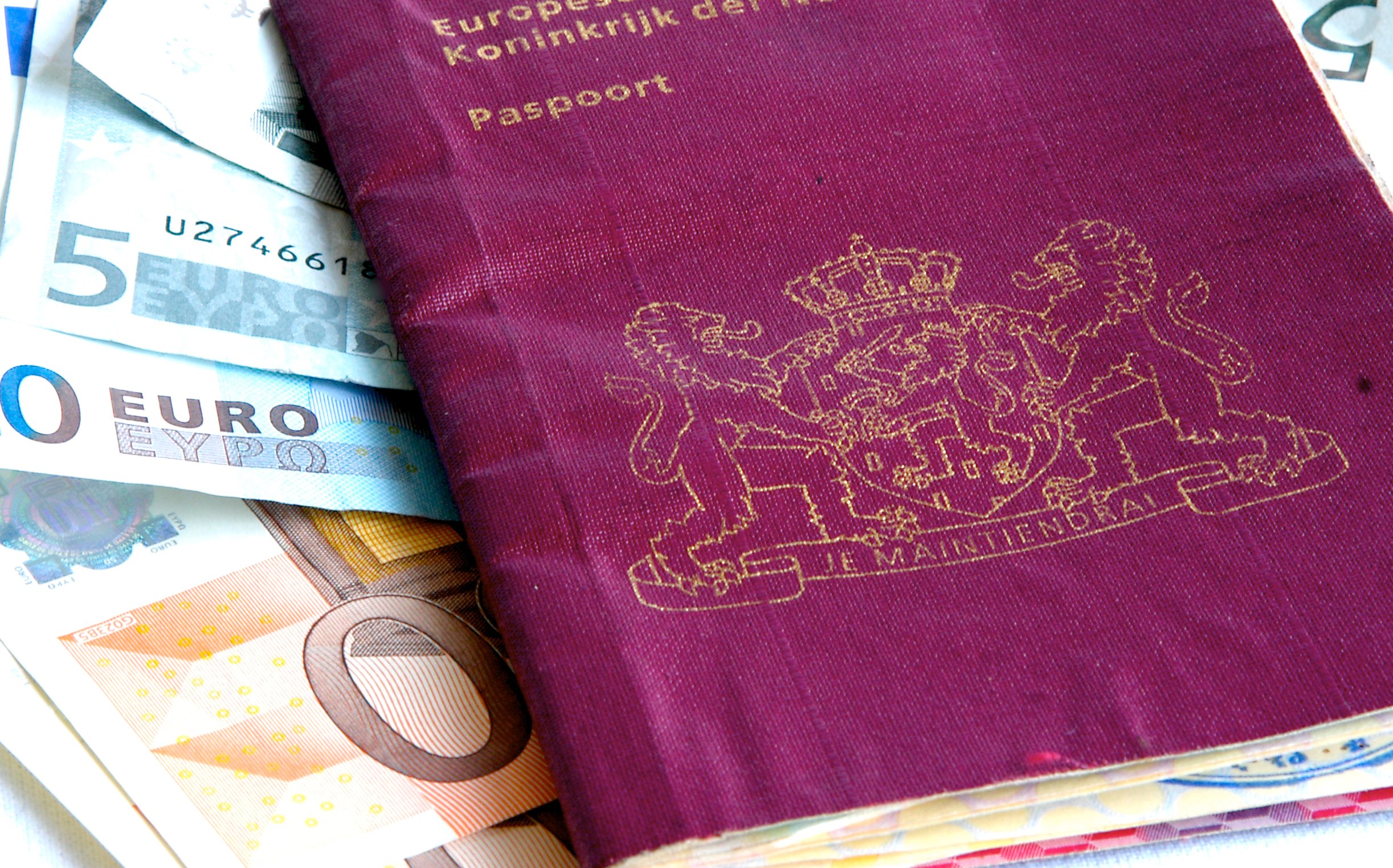The EU Blue Card is a residence permit designed to attract highly skilled non-EU nationals to live and work in European Union member states. In the Netherlands, recent updates have made the Blue Card more accessible and appealing to both employers and potential employees. This article delves into the history of the EU Blue Card, the latest requirements as of 2025, and the benefits it offers to both employers and cardholders, with a special focus on the relaxed regulations for IT professionals.
1. A Brief History of the EU Blue Card
Introduced in 2009 under Directive 2009/50/EC, the EU Blue Card aimed to standardize and simplify the process for highly qualified third-country nationals to work in the EU. However, its adoption varied across member states, and in countries like the Netherlands, it was often overshadowed by national schemes such as the Highly Skilled Migrant (HSM) program. Recognizing the need for a more effective system, the EU repealed the original directive in October 2021 and replaced it with Directive (EU) 2021/1883. This new directive sought to enhance the efficiency and attractiveness of the EU Blue Card. The Netherlands implemented these changes into national law on June 12, 2024.
2. The Requirements
The EU Blue card requirements have recently undergone some relaxations in the Netherlands and are now as follows.
-
Educational and Professional Experience: Applicants are required to have completed a relevant post-secondary higher education program lasting at least three years.
Alternatively, the applicant can provide evidence of possessing a minimum of five years of relevant professional work experience.
-
Salary Thresholds: The salary threshold has been adjusted to align more closely with the Highly Skilled Migrant (HSM) program. In 2025, the minimum gross monthly salary is set at €5,688, exclusive of the 8% holiday allowance.
For recent graduates (those who obtained a higher education diploma no more than three years prior to application), a reduced threshold of €4,551 applies.
The salary must be in line with market conditions for the position.
-
Employment Contract Duration: The minimum required duration of the employment contract is six months. This a reduction from 12 months previously, offering greater flexibility to both employers and applicants.
-
Unemployment Search Period: EU Blue Card holders who have been employed under the scheme for at least two years are now granted a six-month period to seek new employment if they become unemployed. Those with less than two years under the Blue Card are entitled to a three-month search period. This provision offers greater job security and flexibility to cardholders. Conditions apply.
3. Benefits for Employers
The EU Blue Card scheme offers several advantages to employers in the Netherlands compared to the Highly Skilled Migrant permit:
-
No requirement to be a recognized sponsor with the IND, as opposed to applying for a HSM permit.
-
Access to a Broader Talent Pool: By recognizing professional experience as a valid criterion, employers can tap into a wider range of highly skilled professionals who may not possess formal higher education qualifications but have substantial practical experience.
-
Simplified Recruitment Process: The reduction in the required employment contract duration to six months allows employers to offer more flexible contract terms, facilitating the hiring process.
-
Enhanced Mobility:, Holders of the Dutch EU Blue Card can now work in other EU member states on behalf of their Dutch employer for periods shorter than 90 days without requiring a separate work permit. This enhanced mobility is crucial for professionals engaged in projects or roles that span multiple countries, offering flexibility and fostering a more interconnected European job market. Note that the other EU Member states may have limitations for certain types of activities and specific requirements may apply – we strongly recommend checking with a professional before any assignments.

4. Benefits for the Holders of the Permit
For EU Blue Card holders, the recent updates bring several significant benefits:
-
Flexible Eligibility Criteria: The acceptance of professional experience in lieu of formal education opens up opportunities for skilled professionals who may have taken non-traditional career paths.
-
Path to EU Long-Term Residency – Time spent under a Blue Card in other EU countries may count toward the 5-year residency requirement for a more permanent residency status.
-
Job Security: The extended unemployment search periods provide cardholders with a safety net, allowing them time to find new employment without immediately losing their residency status.
5. Relaxed Regulations for IT Professionals
One of the notable changes in the updated EU Blue Card scheme is the relaxed regulations for IT professionals:
This adjustment acknowledges the rapidly evolving nature of the IT industry, where practical experience and up-to-date skills are often more indicative of a professional's capabilities than formal education alone. It also addresses the current labor shortages in the IT sector across Europe, making it easier for Dutch employers to attract and retain top IT talent.
Conclusion
The EU Blue Card scheme in the Netherlands is an excellent solution for companies seeking to attracting non-EU nationals. This is true for large corporations who hire many non-EU nationals, both also for medium sized and small businesses who may only want to hire one single non-EU employee. By valuing professional experience alongside formal education, accessible salary thresholds, and providing greater job security, the Blue Card offers an attractive option for both employers and potential employees. The specific relaxations for IT professionals further demonstrate a commitment to addressing industry-specific needs and labor market demands. These changes are poised to enhance the Netherlands' competitiveness in the global talent market and contribute to its economic growth.
For questions or a free consultation, please contact our immigration team.


















